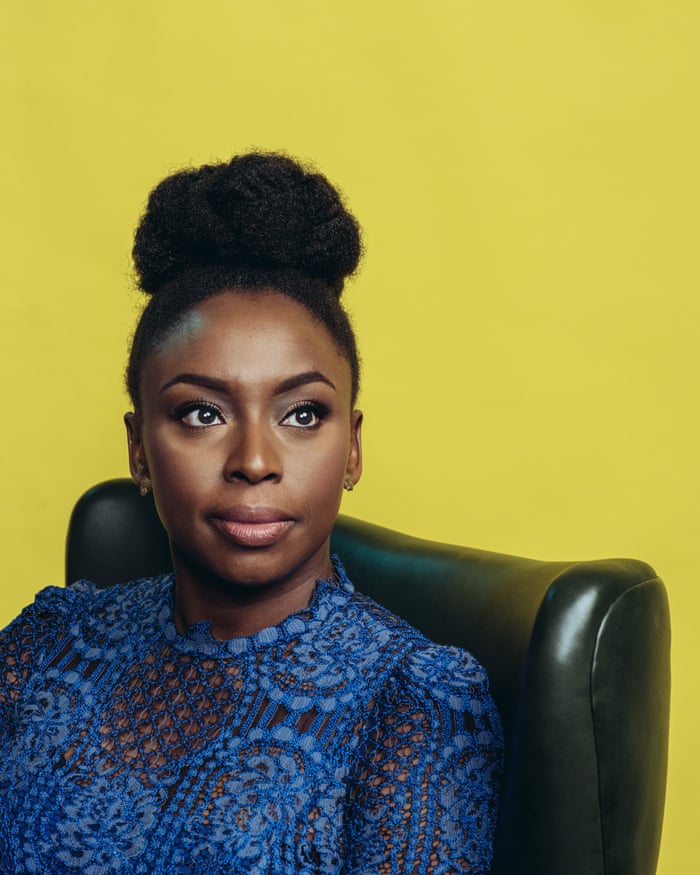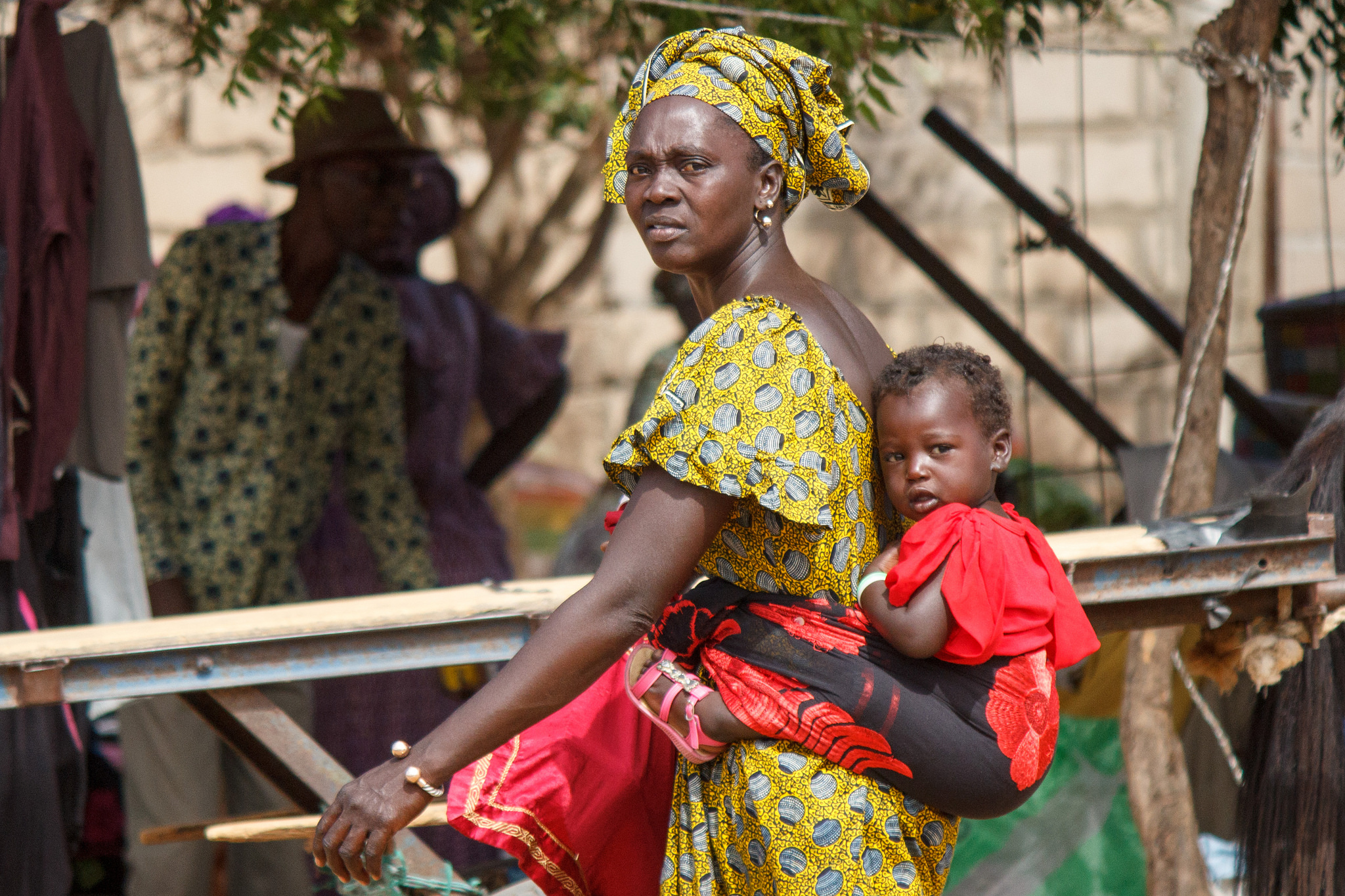Adichie is a storyteller, and begins her TED talk doing just that–sharing a story about her childhood, and how she used to read American and European books. She began to read and write as a very young child and wrote stories that resembled what she was familiar with from other literature. She begins to analyze how impressionable and vulnerable we are, as children, as we hear or read stories. Adichie shares her perception of her own writing, and how she did not understand for a long while that people who looked like her could fit into a story of their own. After she realized that not all literature had to depict the same experiences, her perspective shifted, and she began writing about her own experiences and observations.

A single story is limiting. A single story is a viewpoint with limited understanding that hinders humans’ ability to gain perspective and knowledge as well as to grasp the concept that no one can, or should, fit into the box made of preconceived notions society helps us to build. A single story is a book filled with assumptions, stereotypes, and notions about someone’s life, or a situation, in which the words written may only show a glimpse of reality. For example, as an American, I have single stories written in my head about all kinds of things. Even walking through the University of Missouri’s campus, or Columbia, I am writing single stories about people who look, speak, or act differently. These stories then drive my actions. Adichie gave an example of her college roommate’s single story of Africa. And I would have to say that I can relate to her roommate. I, too, have single stories about individuals, that I place on a categorical shelf in my mental library, based on the little I may know about them, or the assumptions I make about their lives. More specifically, I see my default to write or read a single story as they relate to people from the Middle East, Asia, or Africa. It is a massive fault in my thinking, and one I am ashamed to admit. I struggle to wrap my head around the fact that the Middle East is not just a huge desert with a bunch of oil. Africa isn’t just a war-ridden continent where the most impoverished people live. I have single stories that define to me places and peoples mere existence. Adichie says to create a single story, “you show a people as one thing, and only one thing, over and over again, and that is what they become.”
Adichie heard from a professor that the characters in her writing weren’t “authentically African,” meaning they did not adhere to the Western world’s image of African people and countries. Adichie, having been born and raised in Nigeria, did not understand that she was branded with a definition of what Africa should be and that her writing didn’t do a good enough job translating those things to her english-speaking professor. To her, Adichie didn’t know there was such a thing as being “real” African. To her, a country in Africa was her home, but it was not as if her entire identity was the same as every African stereotype that the rest of the world dreams up when they think about the continent.
Language in itself is powerful because it is how we pass on ideas, thoughts, and concepts. It is how these things are reinforced, reiterated, and remembered. Language shapes how we view the world because how we are told things, by whom we are told, and what exactly we are told defines our own reality, even if it is far off from being accurate. Language is definition. It is putting words to objects, feelings, thoughts, and actions. It is descriptive, but often biased. Language holds the power as it bridges the gaps and fosters connection, over time constructing our entire perception of the world and all that is in it, but it is capable of being incomplete. The way stories are told–the way specific words are strung together in the English language–define how we perceive the subjects of the stories. It is this way for anything. Africa, or any other topic.

In both Saudi Arabia and Yemen, women do not share the same rights or experiences as men. In fact, these two countries rank among the very worst places for women in the world. Women are oppressed in these societies. This, I will admit is a generalization, but one that is backed by many many women who have shared their first-hand experiences. For centuries, women in these countries (however, not only here) have been stripped of their rights to receive an education, work, vote, or even drive a car. In extreme cases, girls can be forced into child marriages, raped, physically abused, and stripped of their dignity. They have no rights and they do not hold a place in society. Women do not have power in these countries.